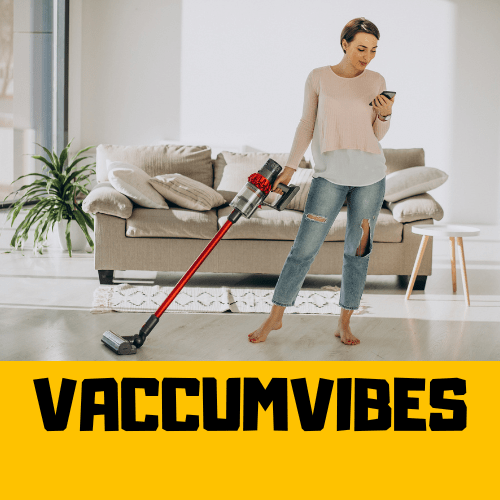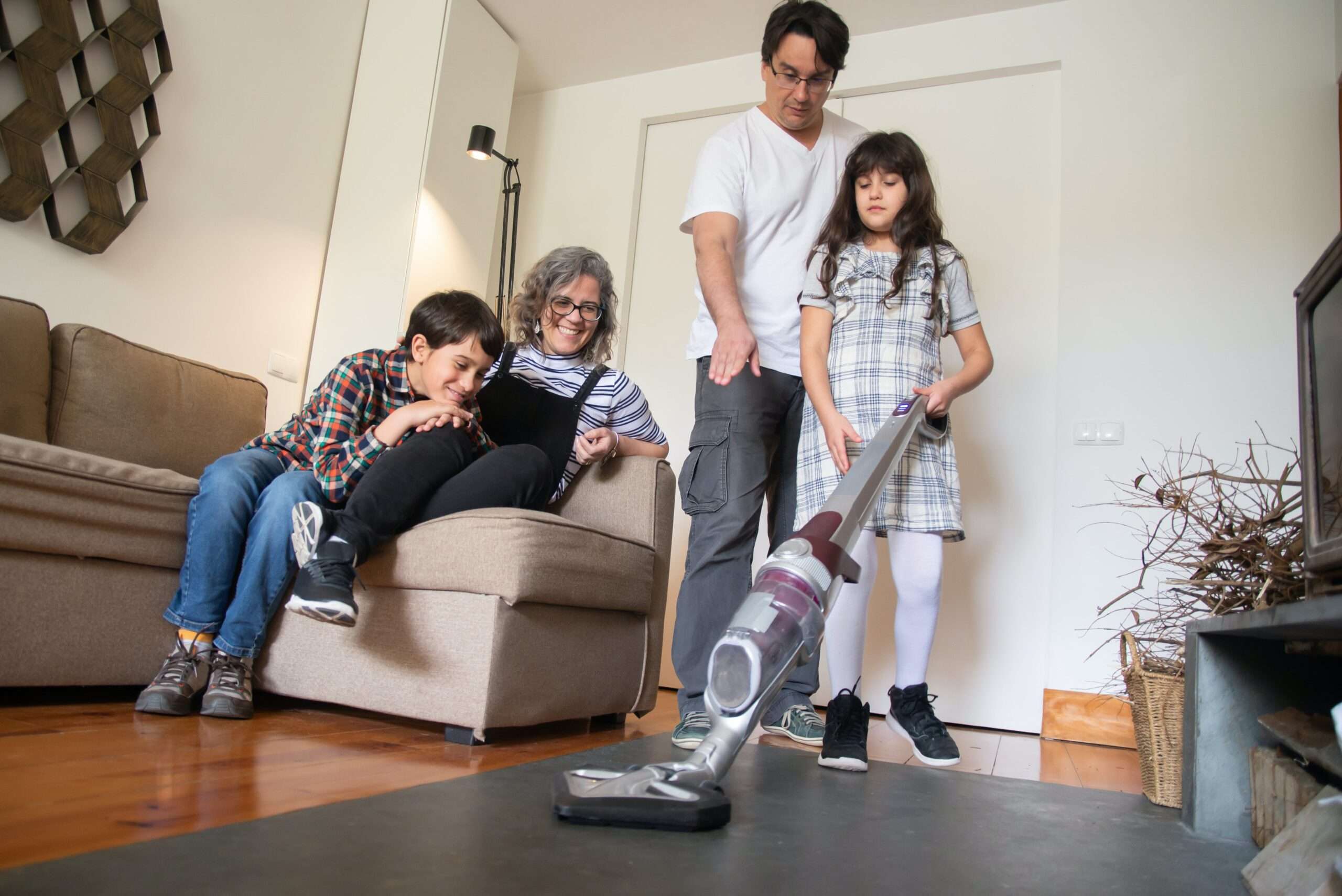
If you are looking for the correct ways to extend the lifespan of a vacuum cleaner, then know that 80% of vacuum cleaners collapse due to wrong maintenance routine, lack of informed usage, and lastly not arranging regular serving sessions. To get the maximum service from your vacuum cleaner, you should know ways to extend the lifespan of a vacuum cleaner to maintain a germ-free and healthy living room or commercial space for years to come. This comprehensive guide, supported by statistics delves deep into diverse tested strategies, to extend the lifespan of a vacuum cleaner.
Table of Contents
How long should a vacuum cleaner last?
A vacuum cleaner should offer service for around 5-8 years although it depends upon the model, the type, the frequency of use, maintenance routine, and most prominently the brand from which it is purchased. Central vacuum cleaners or built-in vacuums last for around 15-20 years making them the most long-lasting vacuum cleaners.
How to Extend the Lifespan of a Vacuum Cleaner 2024
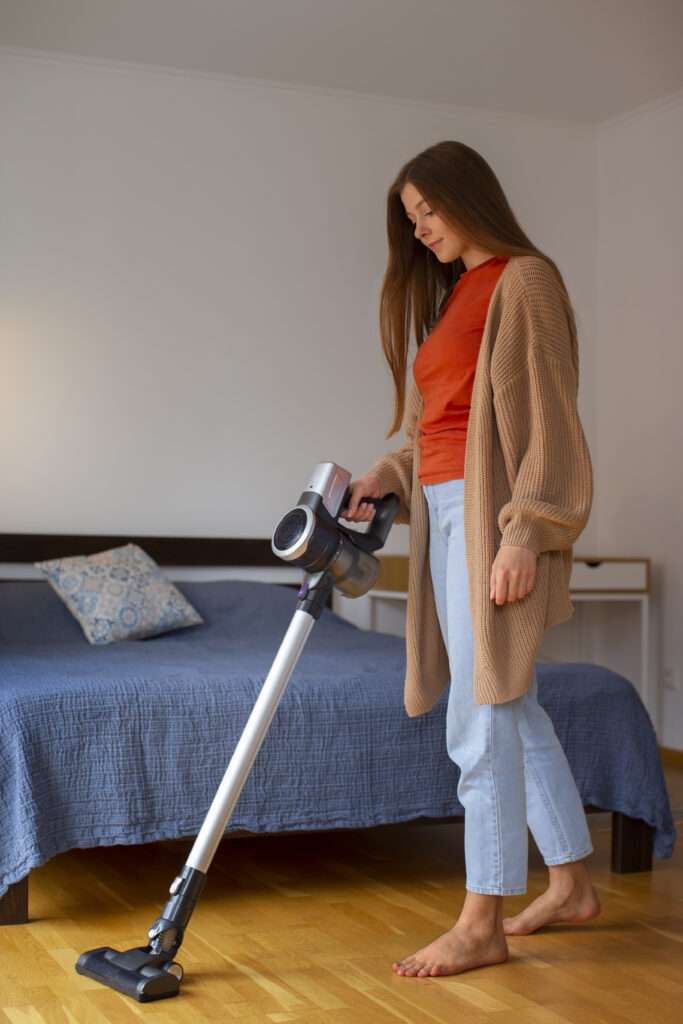
If you honestly want to maximize the lifespan of your vacuum cleaner, then don’t ignore arranging professional servicing sessions at regular intervals, to detect and solve internal issues always not visible or felt during routine maintenance sessions. The Appliance Service Association instructed that vacuum cleaners should be passed through annual professional servicing to lower chances of major breakdowns and by this, you can significantly extend the lifespan of your vacuum cleaner.
We all know that vacuum filters, chiefly HEPA filters irrespective of their type, are one of the prime and indispensable components of any vacuum cleaner model that effectively suck up and trap the finest airborne particulate matter, dust, dirt, and allergens, hindering them from getting released back into the indoor breathable air so that your respiratory health is at safe hands.
The Asthma and Allergy Foundation of America has reported that replacing or washing or cleaning vacuum filters at frequent intervals abiding by the manufacturer’s guidelines reduces strain on the motor, boosts the longevity of the vacuum cleaner, and enhances indoor air quality.
To extend the lifespan of a vacuum cleaner, always remember that regular maintenance has no substitute to ensure an optimal vacuum lifespan. Be mindful of arranging proper cleaning, emptying, and wiping sessions of the filters, dustbin or bag, and brush rolls after each cleaning activity to hinder clog buildup and ensure maximum suction.
Consider not overfilling the bag or dustbin of the vacuum cleaner, to lessen the pressure on the motor of the vacuum and also to prevent hindering the airflow as these lead to reduced suction and cleaning capacity. The Household Appliance Maintenance Association (HAMA) has reported that users should refrain from overfilling their vacuum cleaner’s bags or dustbins to lessen the number of repairing lesions required related to motor strain, thus ensuring a longer lifespan of the vacuum cleaner.
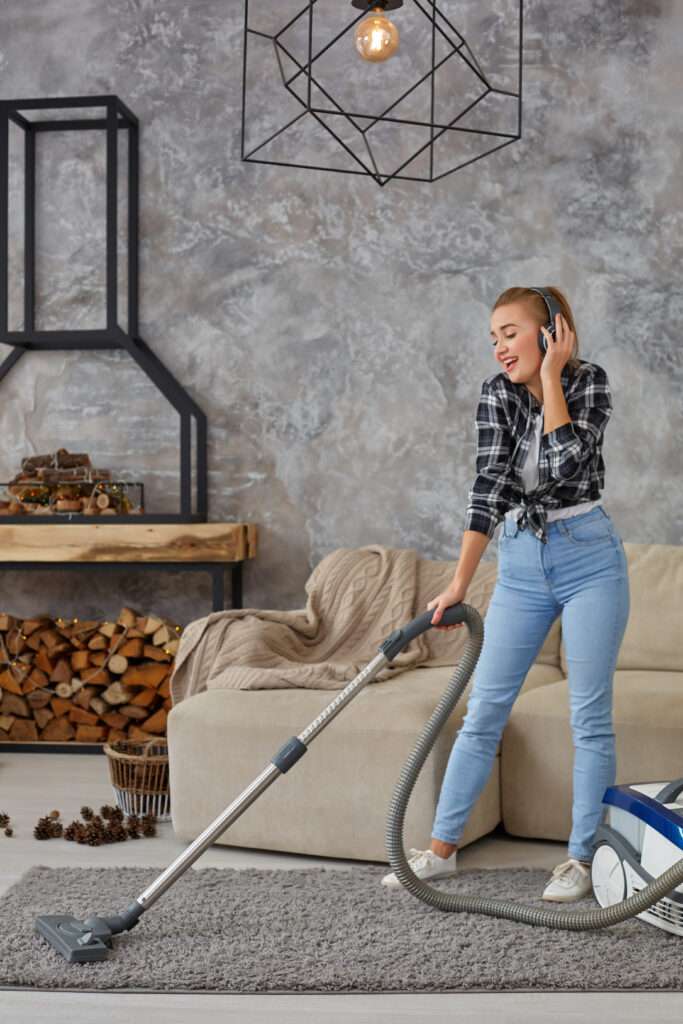
While a vacuum cleaner offers you service for several years, eventually its hoses and attachments get damaged considerably compromising the overall health and performance of the vacuum cleaner. The Vacuum Cleaner Research Foundation has enlightened cleaning enthusiasts across the globe on the necessity of regularly inspecting hoses and attachments to detect and address wear and tear promptly, hinder additional damage, and extend the lifespan of your vacuum cleaner.
Although there exist various surfaces and various types of dirt in your living room or commercial space, switching to extreme suction adjustment significantly puts pressure on the vacuum cleaner’s motor, resulting in premature failure. The American Society of Mechanical Engineers (ASME) indicates when you use the right suction power aligned with diverse surfaces, you can boost cleaning efficiency and lessen the risk of motor damage.
The cord is one of the indispensable parts of your vacuum cleaner and you should take care of its health also as it becomes a common source of issues. The International Electrotechnical Commission (IEC) suggests that users should focus on proper cord management and see that it is free from sharp bends or being pinched, to reduce potential damage and ultimately extend the lifespan of a vacuum cleaner.
The researchers of the Vacuum Cleaner Institute have revealed that ignoring damaged brush roll or belt which are the target components for effective carpet cleaning results in severe damage to the vacuum cleaner’s motor which when promptly addressed significantly extends the machine’s lifespan.
While taking care of diverse parts of the vacuum cleaner, users often overlook proper storage, contributing considerably to extending the lifespan of a vacuum cleaner. The International Association of Home Appliance Manufacturers (IAHAM) advises users that they should store vacuum cleaners in a dry and cool environment to protect build quality and reduce issues with motors and electrical components.
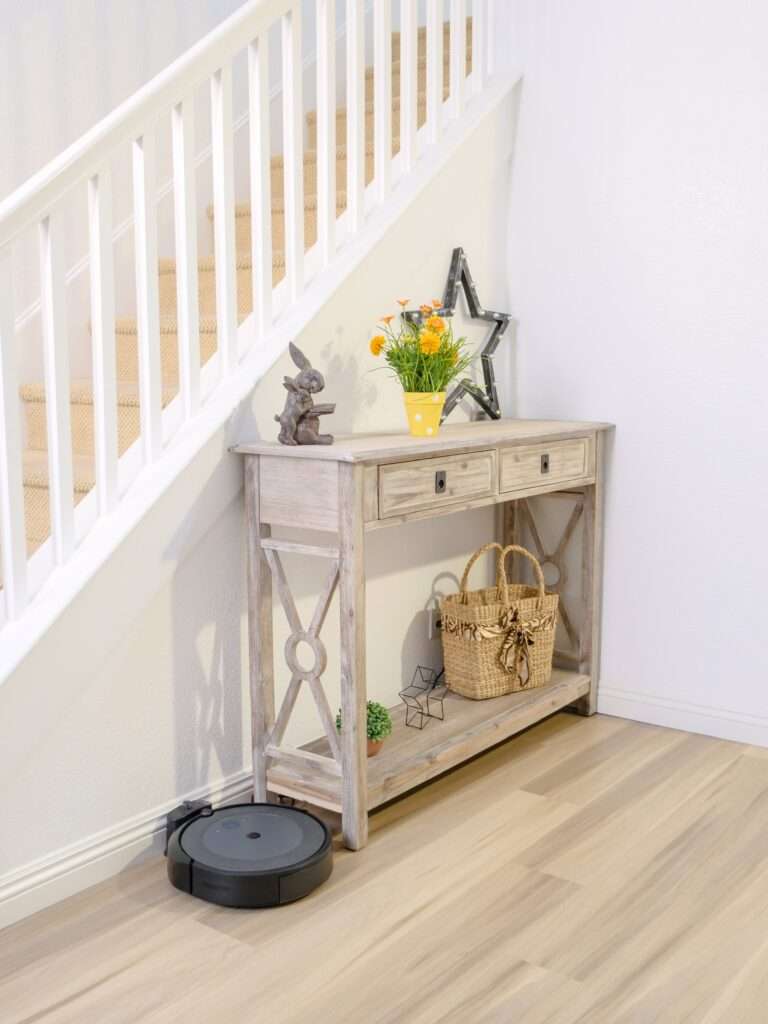
While purchasing, opt for a vacuum cleaner model that aligns with your specific cleaning routine and goals coupled with the type of flooring in your living room or commercial space as these can significantly impact its productivity and lifespan. Researchers have put forward in the Consumer Reports that modern homeowners who purchase vacuum models following their specific requirements like room size, cleaning needs, cleaning routine, presence of respiratory issues, or furry companions bear higher chances to experience not only fewer breakdowns but also longer life expectancy.
If you are using the average basic household vacuum to make your commercial space clean and germ-free then you are damaging them out very quickly by making them running them for long hours and heavy-duty cleaning sessions.
Conclusion
To run your vacuum for the maximum number of years and obtain the optimal suction from it for efficient cleaning sessions, you should focus on the tested ways to extend the lifespan of a vacuum cleaner. To get a germ-free and healthy living room or commercial space for years to come you should consider the vacuum’s proper storage, cleaning or replacing the filter regularly, cleaning the brush roll, belt, and cord, arranging professional cleaning sessions, employing diverse suction for diverse surfaces, and replacing hoses.
FAQs
What vacuum lasts the longest?
Central vacuum cleaners or built-in vacuums last for around 15-20 years making them the most long-lasting vacuum cleaners. In addition to this, Miele and Dyson vacuum cleaner models are widely preferred for their exceptional longevity and durability.
What type of vacuum do professionals use?
Professional cleaners opt for a commercial-grade backpack or upright vacuum cleaner model for its durability and efficiency in providing unbeatable suction power, handling heavy-duty and rough use, and larger dustbin capacities to enable frequent cleaning sessions. Brands like Hoover, ProTeam, and Sanitaire are widely preferred options in this regard.
Does a vacuum use AC or DC?
Most vacuum cleaner models that use motors apart from cordless vacuum cleaners use AC (alternating current) power as they are plugged into an electrical outlet while the cleaning sessions are carried out. However, some cordless vacuum models use DC (direct current) power as they run on rechargeable batteries when cleaning your living room or commercial space without a direct connection from a power outlet.
Do vacuums have batteries?
All modern cordless vacuum cleaner models come with rechargeable Lithium-ion batteries, offering longer life cycles, increased convenience, flexibility, lighter weight, and high energy density so that you don’t have to worry about power inlets during each cleaning session.
What are some alternatives to a vacuum cleaner?
If you are looking for alternative cleaning options and don’t want to use a vacuum cleaner, then you can opt for dust mops, brooms, and carpet sweepers which demand manual floor cleaning. In addition to this, you can also buy steam cleaners that function on the mechanism of hot water vapor to sanitize and clean various surfaces.
How often should you get a new vacuum cleaner?
On average, you should replace your vacuum cleaner every 8-10 years but you might need to buy a new vacuum cleaner sooner if you are passing through frequent loss of suction, breakdowns, or detect decreased performance.

For the past five years, I’ve been engaged as an SEO content writer, specializing in crafting engaging blog posts. My focus lies in meticulously exploring and evaluating household cleaning appliances, particularly those integrated with cutting-edge and emerging technologies.
